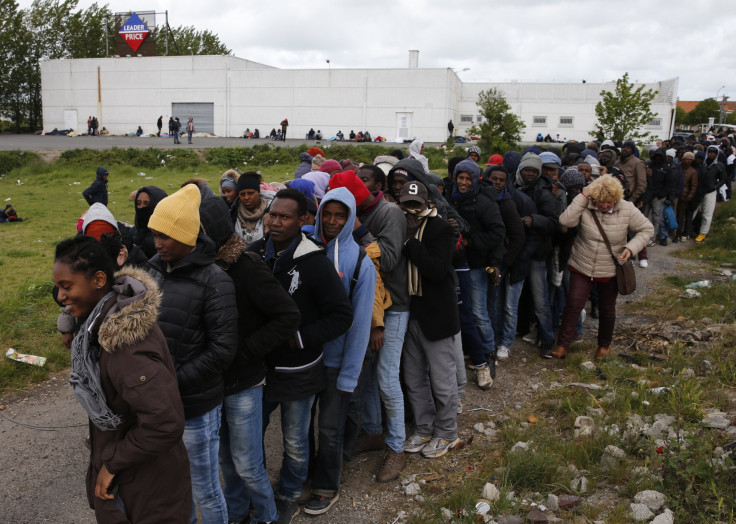Mediterranean Migrant Crisis: EU Asks Member States To House 40K Migrants From Syria And Eritrea

Update as of 7:20 a.m. EDT: The European Union on Wednesday asked its member states to admit, over the next two years, 40,000 migrants from Syria and Eritrea who have crossed the Mediterranean and reached Italy and Greece, the Agence France-Presse (AFP) reported.
“We... have a proposal for an emergency mechanism to relocate 40,000 asylum seekers to other European (member) states,” AFP quoted Dimitris Avramopoulos, the EU home affairs commissioner, as saying. “Syrians and Eritreans will be relocated from Italy and Greece to other European Union member states over a period of two years.”
Original story:
The European Union is set to announce details of its controversial plans to relocate thousands of migrants who have crossed the Mediterranean in recent months to reach European shores. The details of what is being called the “European Agenda on Migration” are due to be released Wednesday.
The new migrant quota plans include a mandatory system that would require all 28 EU countries to accommodate a specific number of asylum seekers currently in Italy, Greece and Malta. However, the use of quotas to help resettle migrants who reach Europe has triggered controversy, leading several countries, including France, Spain, Hungary, Slovakia and Estonia, to voice their concerns. According to an estimate, a quota system would allow as many as 40,000 asylum seekers to spread across EU countries, BBC reported.
“We don't accept having mandatory quotas or mandatory resettlement programs,” Justine Greening, the British government’s international development secretary, told BBC, adding that the move would encourage more migrants to risk their lives “on a boat that may not be sea worthy.”
However, according to a draft proposal to EU governments cited by Reuters, the European Commission said that the plan to resettle asylum seekers will only consider new refugees reaching European countries and not those who have already reached these countries -- 24,000 in Italy and 16,000 in Greece.
According to Zeid Ra'ad al Hussein, the United Nations’ human rights commissioner, the EU's quota plan to relocate refugees within Europe is “wholly inadequate to the magnitude of this crisis,” in which more than 60,000 people have tried to cross the Mediterranean from North Africa in 2015 alone, and 1,800 are believed to have died while attempting the hazardous voyage.
According to a recent report by Amnesty International, excessive “cruelty” and abuse faced by migrants in Libya have forced many to undertake the dangerous Mediterranean crossings in search of a safe haven in Europe. People fleeing conflicts in other parts of Africa and the Middle East, have also added to the swelling numbers of refugees landing on southern European shores.
Britain, which is opting out of the plan, has urged a stronger, long-term approach to address the problem where it arose. “If you look at what is driving people to start these journeys in the first place, it's the hope of a better life,” BBC quoted Greening as saying.
“And that's why the only real answer in the long term is to work together… to work together to deliver development and to level up the world so that we don't leave anyone behind, or leave anyone living in poverty in the future, as is happened in the past.”
© Copyright IBTimes 2024. All rights reserved.






















